If you’ve been following along with the Apple TV+ series Tehran, today’s episode was a big one.
We’ll be talking to the central characters later today, but we previously spoke with one of the creators, Moshe Zonder, about the second season so far.
Here’s what he had to say.
Streaming platforms have opened an entirely new window into the world, allowing shows like Tehran to experience worldwide success. What does an experience like mean to you as a creator?
For me, as a creator, the significance of the new streaming platforms is revolutionary. The exposure that Fauda received on Netflix and Tehran on Apple TV+ brought them worldwide success.
Now, I can sit in the study of my Tel Aviv apartment and write for a global audience about subjects that interest me, that are part of my life — subjects about which I have something personal to say — while at the core of the scripts are human, cosmopolitan subjects that speak to everyone — like migration, identity, and parent-child relationships.
I feel that the more ‘locally’ I write, the more universal the result is, and the series can reach any place in the world. Today’s audiences are also much more open to the sound of other languages, like Hebrew, Arabic, and Farsi. They sound fascinating, full of depth and character.
The audience is enthused by their sound.
One of the most fascinating parts of Tehran is how the lines between the sides are blurred. All sides of every personality are on display. How does that help tell a more nuanced espionage story?
I think today’s viewers deeply appreciate writing that doesn’t judge the characters, that doesn’t separate them into ‘good guys’ and ‘bad guys.’
From my standpoint, beginning from how my parents taught me to never judge anyone else by his origin, financial situation, or social standing, through my years as an investigative journalist, which brought me into close encounters with all sorts of people, I came to understand that reality is a complex concept and that every people or tribe finds it comfortable to accustom its members to defining others as ‘good’ and ‘bad.’
But good writing demands bypassing this kind of conditioning.
In Tehran and in Fauda, beginning from their development stages, the series’ DNA declared that the writing would search for the humanity on all sides and attempt to understand everyone’s motives and hardships.
Tehran Season 2 shows how emotions can destroy an agent’s ability to think clearly. Tamar struggles with an increasingly unhinged Milad, and Faraz goes against his instinct, allowing Marjan to work with Naahid because his love for his wife is so deep.
How will those actions work for or against Tamar and Faraz as the season progresses?
In order to prevent spoilers, I can’t answer this question in detail, but suffice it to say that for both Tamar and Faraz, professional considerations are indeed mixed with personal ones.
Sometimes this blinds them, affecting their judgment. Among other things, this is what makes them human and what causes us to identify with them, care about them and, sometimes, even become angry with them.
Even if it wasn’t wise to allow Marjan to work with Naahid, that work has given Naahid confidence and increasing strength. How do you imagine her story changing as a result?
I can’t go into detail about how Naahid’s growing strength affects the story, but the impact will be dramatic. Naahid’s character, brought to life phenomenally by actress Shila Ommi, undergoes a tremendous change during the season, enabled by Marjan’s psychological therapy, based on years of experience.
When I spoke with Niv and Glenn, they painted Tamar and Marjan’s relationship as almost a mother/daughter dynamic.
But that relationship seems to threaten all that Niv has accomplished once Marjan starts taking risks, like working directly with Naahid. How will working with Marjan change Tamar’s effectiveness as an agent?
The relationship between Marjan and Tamar does have a certain mother-daughter aspect. Tamar lost her mother to cancer two years earlier, and her sense of loss still eats at her; for Marjan, Tamar could be the daughter she never had.
Tamar’s courage and determination also remind Marjan of her own younger self.
Without spoilers, I can say that working with Marjan at times also improves Tamar’s efficiency: Both these women have extraordinary operational minds, and when they’re not on a collision course, it’s difficult to stand in their way.
With two more episodes left in Tehran Season 2, you can catch the latest every Friday only on Apple TV+.
Edit Delete
Carissa Pavlica is the managing editor and a staff writer and critic for TV Fanatic. She’s a member of the Critic’s Choice Association, enjoys mentoring writers, conversing with cats, and passionately discussing the nuances of television and film with anyone who will listen. Follow her on Twitter and email her here at TV Fanatic.
You can view the original article HERE.



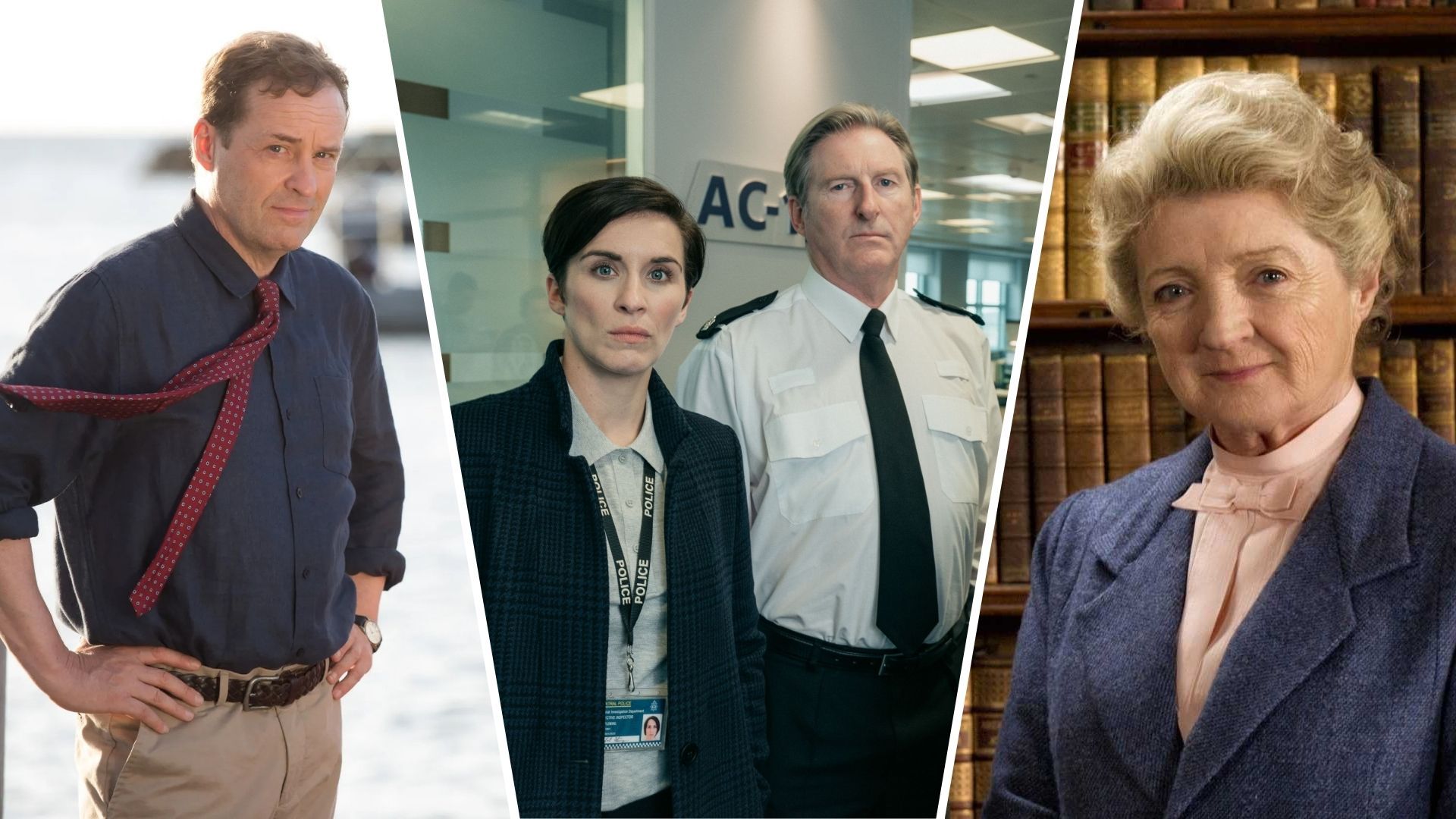
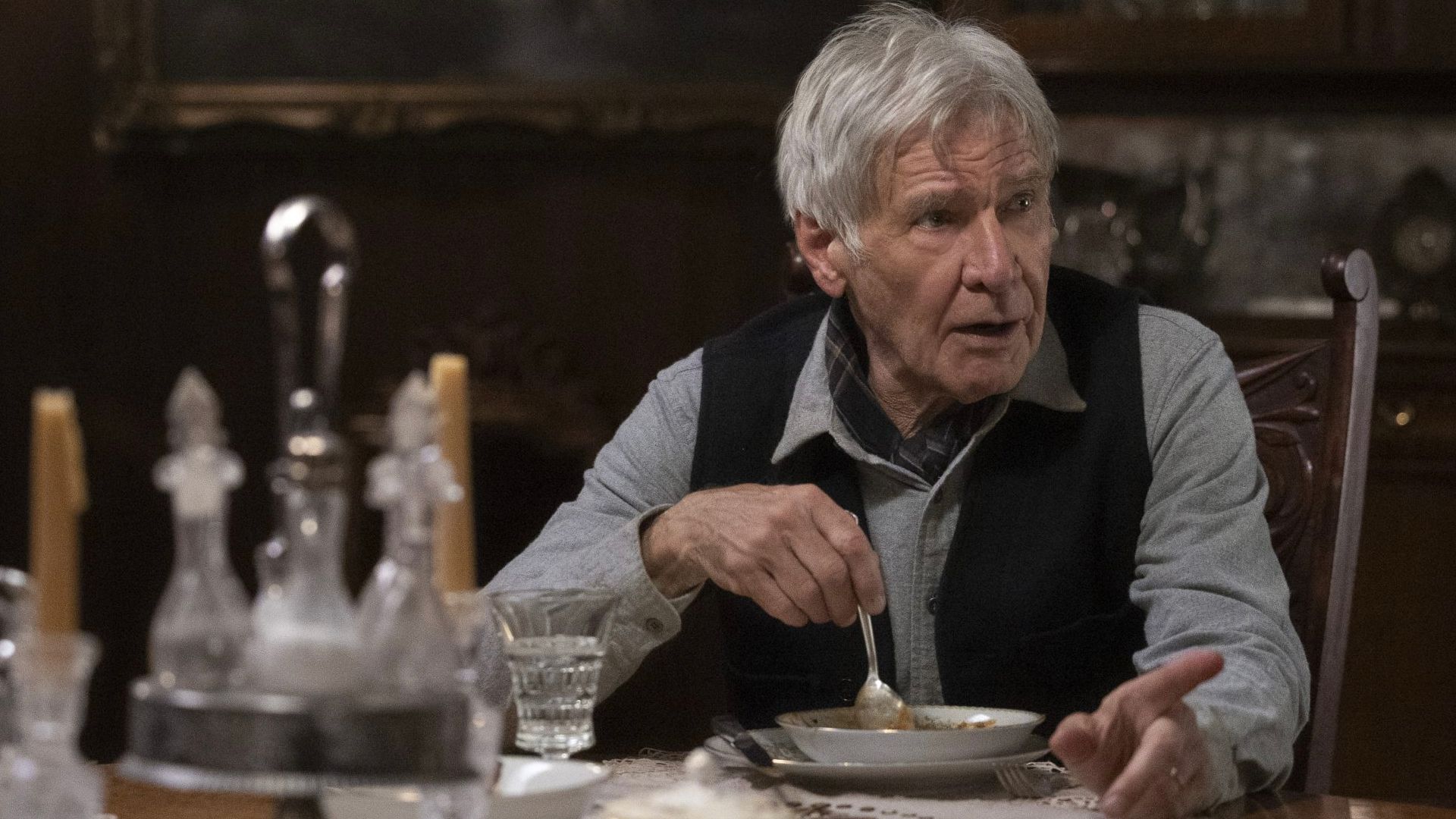


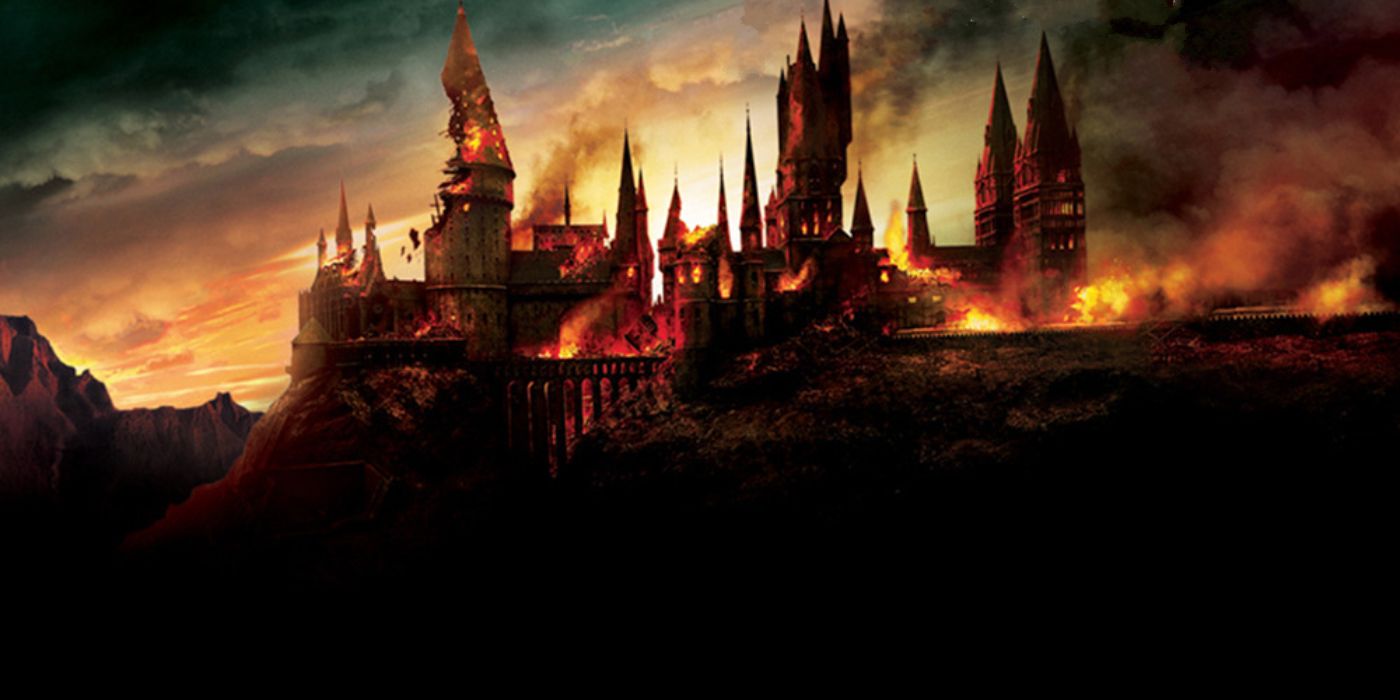









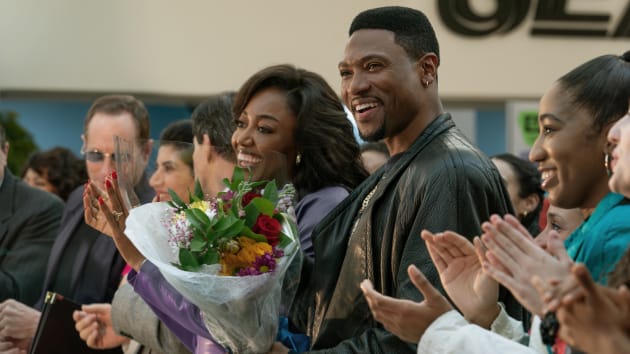
.jpg)









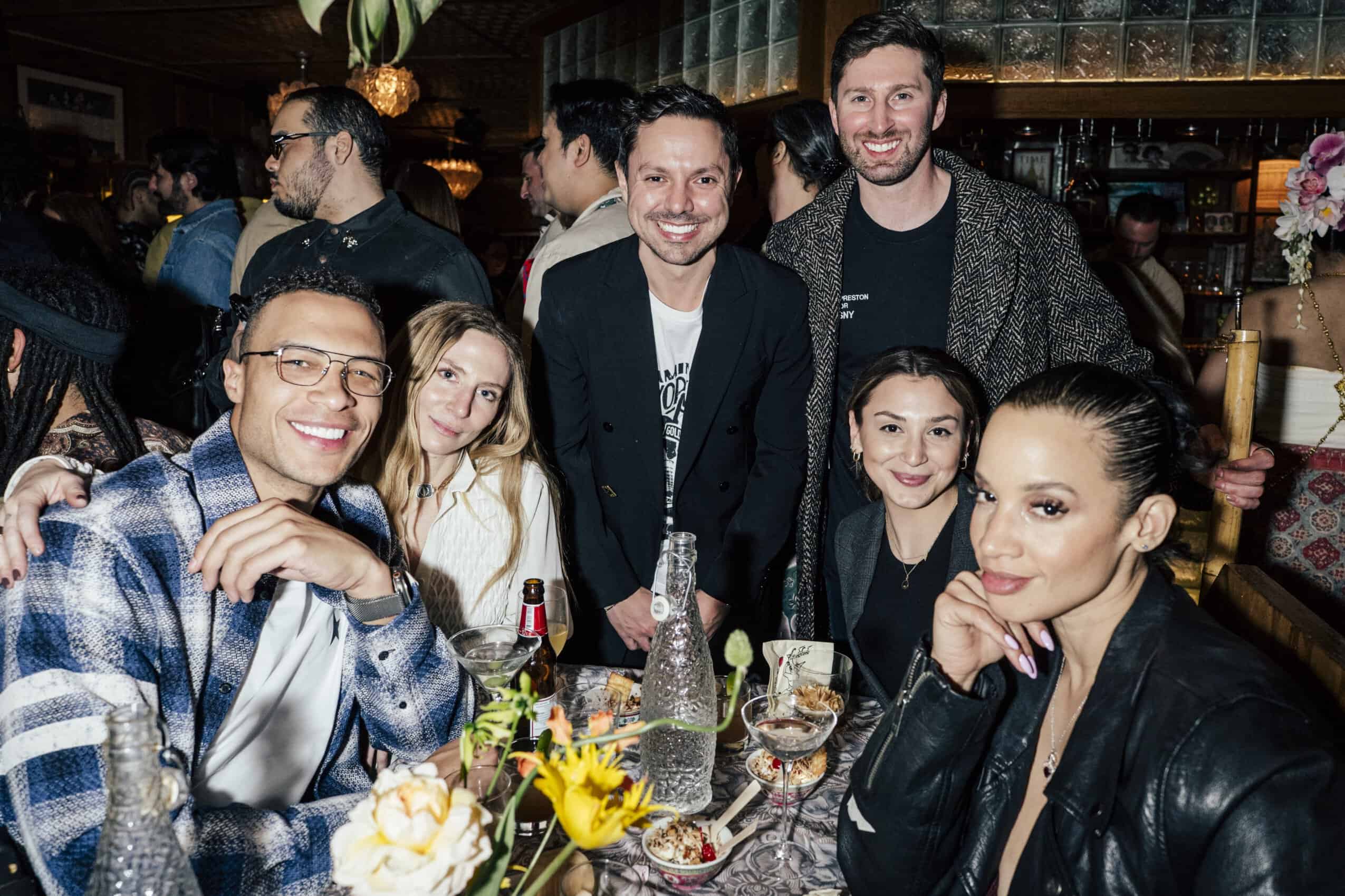


:quality(85):upscale()/2025/03/28/775/n/1922564/22119f9d67e6de01304208.95605728_.png)